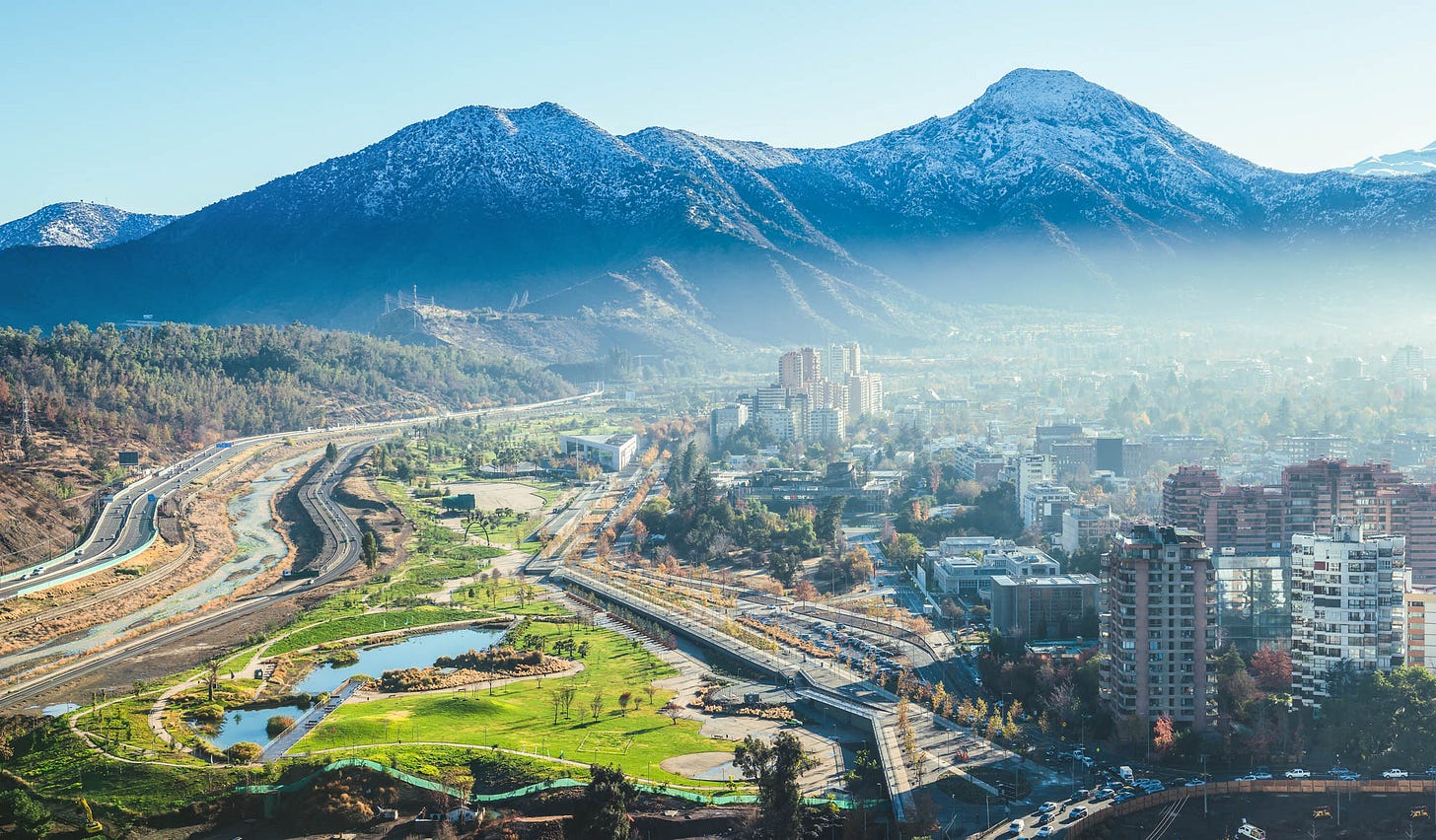Ecosystem Deep Dives #12: Chile - A regional singularity
How LATAM's most liberal economy relied on public initiatives to kickstart its start-up ecosystem.

A regional rarity
Chile stands out in the LATAM region. Not only because of the country’s unusual shape, but also by the fact the country has experienced a radically different economic path than its neighbors. While many countries in the region are and have been held by left-wing populists, Chile went through the polar opposite. Following an American-organized coup against left-wing president Salvadore Allende in 1973, Augusto Pinochet led a right-wing dictatorship during 17 years. During his tenure, his cabinet was filled with “Chicago Boys”, American trained neo-liberal economists who undertook radically different economic policies than their Venezuelan or Cuban counter-parts.
Much has been debated about the legacy of Chile’s neo-liberal history, with the country living a constant paradox between above average economic/human development scores while suffering from blatant inequality in parallel. The recent election of Gabriel Boric, a left-winger, and the ongoing rewriting of the Chilean Constitution all prove the country is hungry for something else.
Other people are way more qualified to talk about Chilean politics and economics. As for me, I will dive into the Chilean start-up ecosystem, sometimes referred to as “Chilecon Valley” which, ironically for a neo-liberal country, has strongly benefitted from government intervention.


